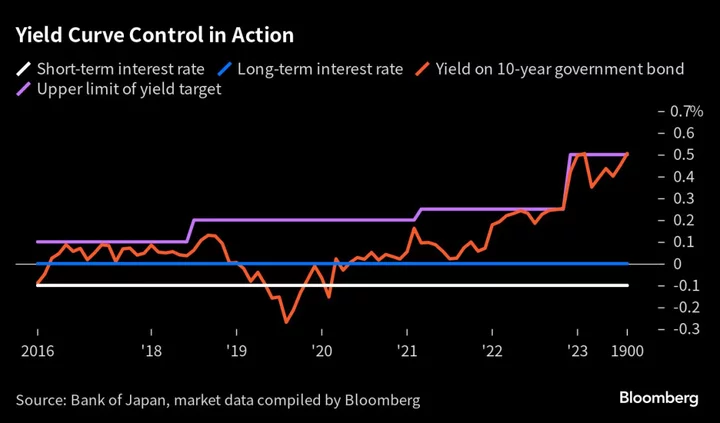By Byron Kaye
SYDNEY Australia's big banks are pivoting to what analysts say could be a risky fight for growth in the country's unloved business loans market as a price war ends a decade-long profit bonanza in the mortgage sector.
The country's four largest lenders said this month they would redirect capital and staff to the business banking sector after competition for mortgages wiped out the margin benefits they typically get when interest rates rise.
But that exposes the so-called Big Four, which rank among the country's top few listed entities, to a smaller, less-secure market as company failures rise, raising concerns about whether lenders will be able to sustain years of the almost uninterrupted profit growth they enjoyed under the old strategy.
"The investor focus right now is on margins as opposed to the cost of risk or bad debt charges, but once the credit cycle turns the focus will very quickly shift to the cost of risk," said Azib Khan, a banking analyst at E&P Financial.
"When there's a macroeconomic downturn, it's generally institutional and business lending exposures that are impacted first," he added.
For decades, Australian housing finance has significantly outpaced business lending, making home loan margins the engine of profits. A more recent exodus from non-lending retail services like financial advice has further weighted banks' allocation of capital to residential property.
As of March, Commonwealth Bank of Australia, Westpac Banking Corp, National Australia Bank Ltd and ANZ Banking Group Ltd collectively held more than three quarters of the country's mortgages by dollar value, according to Australian Prudential Regulation Authority data.
While banks would typically expect to grow profits during a time of rising interest rates, the boost to margins has been offset by increased competition including from investment bank Macquarie Group Ltd's push into retail banking.
CBA was not immediately available for comment, while ANZ, NAB and Westpac did not respond to requests for comment.
The big four banks said in earnings updates this month that their net interest margins peaked in late 2022 and have since narrowed.
To compensate, they are now chasing the more fragmented business lending market where they hold just 69% of total loans, according to the government data.
Banks charge wider margins for commercial loans than for mortgages because of the higher risk of losing money, but the country's A$969 billion of total business loans is less than half its mortgages outstanding.
That could make competition tough.
"Business banking ... is probably less competitive at the moment but if you look at it from a capital perspective, the ability for the banks to create that leverage is not as great as what it is in mortgages," said UBS banking analyst John Storey.
INSOLVENCIES RISE
Adding to the risks, corporate collapses are rising amid an end to pandemic support and emergency company protections, according to data from the securities regulator.
Some 830 Australian companies filed for insolvency in March, according to the Australian Securities and Investments Commission, the most since June 2020, as many construction and retail firms buckled under sharp increases in costs of borrowing, materials and staffing.
In the first nine months of the financial year starting July 2022, insolvencies were up about 70% on the same time a year earlier.
"There's a reason why they get the higher return, and it means higher risk," said John Winter, CEO of the Australian Restructuring Insolvency & Turnaround Association, an industry group, referring to business lending.
"That needs to be gone into with eyes wide open."
However, banks are now less inclined to force insolvent companies out of business after a damaging 2018 inquiry into the sector aired accounts from small business owners who claimed they were financially ruined by inflexible loan conditions, said Winter.
PWC Australia banking and capital markets leader Sam Garland said while insolvencies have risen, recent earnings updates from the showed little system stress.
To hedge against interest rates risks, the Big Four may now chase new services-based revenues from commercial clients in non-lending segments, added Garland.
"The base of earnings is now much narrower than it was," he said.
(Reporting by Byron Kaye; Editing by Sam Holmes)









